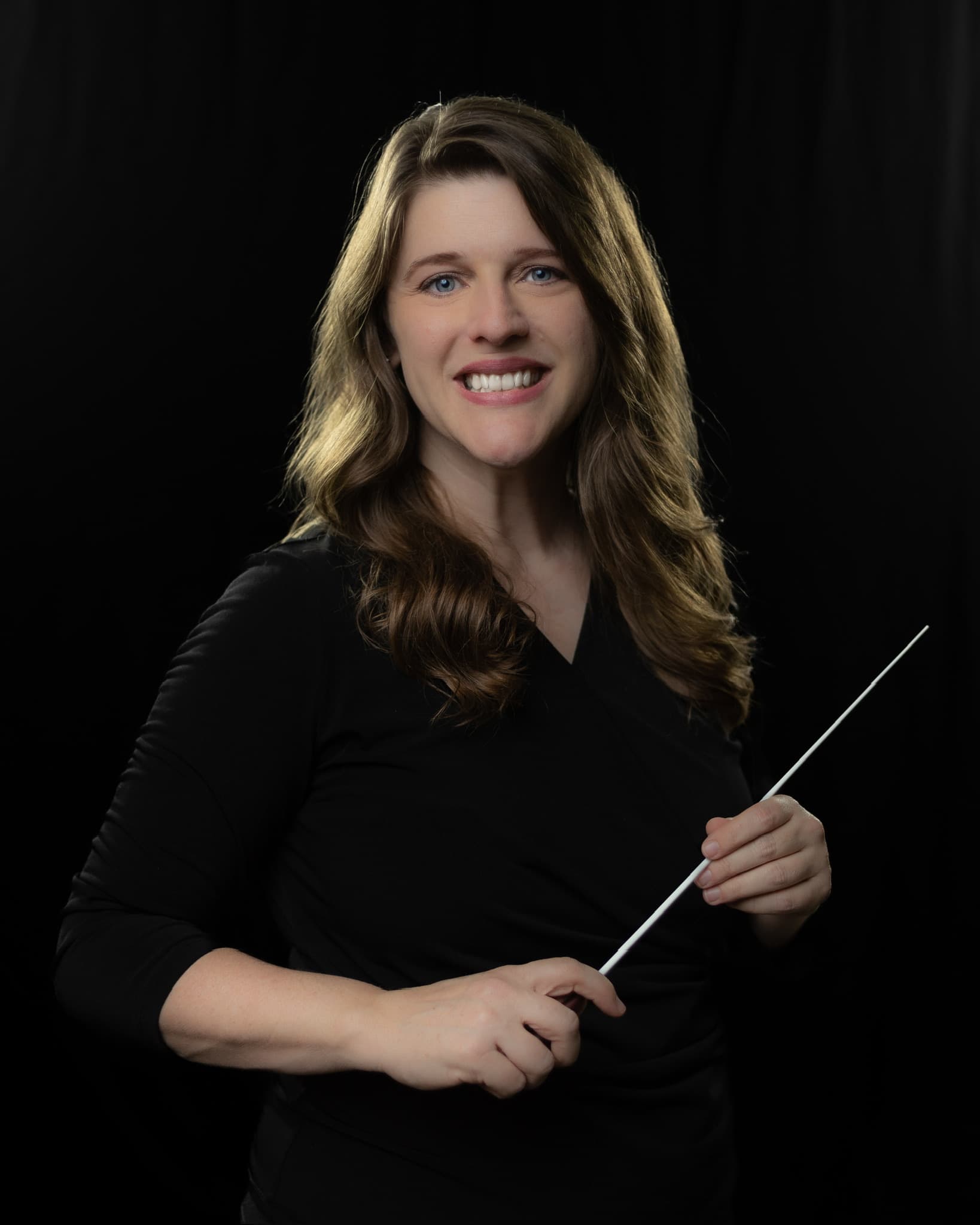Learning to play the piano is a journey that requires dedication, patience, and continuous improvement. While self-teaching methods can be effective for some individuals, enrolling in a structured piano program can elevate your skills to new heights.
In this article, we will explore how enrolling in a piano program can provide you with comprehensive instruction, professional guidance from experienced teachers, and opportunities to improve your music theory, technique, sight-reading, and performance skills.
One of the key benefits of enrolling in a piano program is the structured learning it provides. Unlike self-teaching methods where you may jump from one concept to another without clear direction or progression, a piano program offers a systematic approach to learning. Each lesson builds upon previous knowledge and helps you develop a strong foundation in music theory and technique. By following a well-designed curriculum tailored for different skill levels, you can ensure that you cover all essential concepts and techniques necessary for mastering the instrument. Additionally, the comprehensive instruction provided by qualified teachers ensures that you receive proper guidance throughout your musical journey. Their expertise allows them to identify areas where you may need extra attention or clarification and provide personalized feedback to help you overcome challenges effectively.
By enrolling in a piano program led by experienced teachers who have dedicated their lives to honing their craft, you gain access to invaluable knowledge and insights that can greatly enhance your skills as a pianist. These teachers have spent years perfecting their own techniques and understanding the nuances of piano playing. They possess an extensive repertoire of teaching strategies designed to address various learning styles and adapt their approaches according to individual needs. Their expertise not only serves as inspiration but also instills confidence in their students as they witness firsthand what is achievable through disciplined practice under the guidance of an expert mentor.
If you are looking for ways to take your piano skills to new heights, enrolling in a structured piano program is highly recommended. With comprehensive instruction from experienced teachers who provide professional guidance, you can enhance your music theory and technique, as well as develop your sight-reading and performance skills. Whether you are a beginner or an advanced pianist, investing in a piano program will undoubtedly accelerate your progress and help you achieve piano perfection.
Structured Learning and Comprehensive Instruction
Structured learning and comprehensive instruction provide the necessary framework for aspiring pianists to hone their skills with precision, as if they were being guided by a team of exceptionally knowledgeable teachers.
When enrolling in a piano program, students are exposed to a curriculum that is carefully designed to cover all aspects of piano playing, from basic techniques to advanced musical concepts. The structured nature of these programs ensures that learners progress in a systematic manner, building upon their previous knowledge and skills. With clear objectives and step-by-step guidance, students can navigate their musical journey with confidence and focus.
In addition to structured learning, comprehensive instruction is another key aspect of piano programs that contributes significantly to skill development. Through comprehensive instruction, students receive detailed explanations and demonstrations of various techniques. They learn how to properly position their hands on the keys, develop finger strength and agility, control dynamics, interpret musical notation accurately, and much more. This level of detailed instruction allows learners to understand the mechanics behind each action they take on the piano and empowers them with the knowledge needed for effective practice sessions.
The combination of structured learning and comprehensive instruction sets piano programs apart from self-teaching or casual lessons. By providing learners with a solid foundation in technique and theory right from the start, these programs set them up for success in their future endeavors as pianists. Moreover, this first subtopic highlights how studying within a structured program lays the groundwork for the subsequent section about ‘professional guidance from experienced piano teachers’.
Professional Guidance from Experienced Piano Teachers
Led by seasoned instructors, students in a piano program receive expert guidance and mentorship to refine their technique and reach new heights in musical proficiency.
These experienced piano teachers have spent years honing their own skills and have a deep understanding of the intricacies of piano playing. They are able to analyze each student’s strengths and weaknesses, tailoring their instruction to meet individual needs. By providing personalized feedback and constructive criticism, these instructors help students develop their technique, improve their musicality, and overcome any challenges they may face along the way.
One of the key benefits of working with experienced piano teachers is that they can offer a wealth of knowledge and expertise. They have studied various methods and techniques themselves, allowing them to guide students through different approaches to playing the piano. Whether it’s mastering complex fingerings or understanding intricate musical passages, these instructors can break down concepts into manageable steps, making the learning process more accessible. Their vast experience also enables them to share valuable insights on performance etiquette, stage presence, and interpretation – aspects that are crucial for aspiring pianists aiming for excellence.
Furthermore, these seasoned instructors serve as mentors throughout a student’s journey in a piano program. They not only teach technical skills but also instill discipline, motivation, and resilience in their students. With their encouragement and support, students learn how to practice effectively and efficiently. They become equipped with strategies for overcoming obstacles and pushing past limitations. As a result of this mentorship approach, students gain confidence in their abilities as pianists while developing the necessary mindset for continuous growth.
With professional guidance from experienced piano teachers acting as mentors alongside structured learning programs offered within a piano program setting allows students to thrive academically as well as musically.
In addition to improving music theory and technique, the next subtopic will explore how participating in ensemble performances enhances overall musicianship skills while fostering collaboration among peers.
Improving Music Theory and Technique
Enhancing knowledge of music theory and refining technical skills are vital components of a comprehensive piano education. A strong foundation in music theory allows pianists to understand the structure and composition of the music they play. It enables them to analyze musical elements such as chords, scales, and intervals, which in turn helps them interpret the music accurately and expressively.
Moreover, a deep understanding of music theory empowers pianists to create their own arrangements or compositions, fostering creativity and artistic growth.
Refining technical skills is equally important for pianists. Technical proficiency allows players to execute complex passages with accuracy, speed, and fluidity. Through diligent practice of scales, arpeggios, finger exercises, and other technical exercises prescribed by experienced piano teachers, students develop strength, agility, coordination, and control over their fingers. This not only enhances their ability to perform difficult repertoire but also reduces the risk of injuries caused by tension or strain.
By improving both music theory knowledge and technical skills through a structured piano program guided by experienced teachers, piano students can reach new heights in their musical journey. The combination of theoretical knowledge with technical prowess empowers pianists to fully comprehend the nuances of musical compositions while delivering captivating performances that resonate with audiences. With consistent practice under professional guidance and ample opportunities for performance and feedback in a supportive environment like a piano program provides an avenue for growth that leads towards achieving mastery.
Transitioning into enhancing sight-reading and performance skills without explicitly stating it requires developing a keen sense of musical interpretation alongside technical proficiency. As pianists become more adept at reading sheet music fluently during practice sessions or live performances alike will enable them to effectively communicate emotions conveyed within each piece they play without hesitation or interruption from moment-to-moment throughout any given performance session or event where they apply these newfound abilities into real-world scenarios on stage!
Enhancing Sight-Reading and Performance Skills
Developing a keen sense of musical interpretation and fluency in reading sheet music is crucial for pianists to effectively communicate the emotions conveyed within each piece they perform.
Sight-reading, a skill that can be greatly enhanced through enrolling in a piano program, allows musicians to play new pieces with minimal preparation. It involves quickly analyzing and decoding sheet music, translating the notes into precise finger movements on the keyboard. By practicing sight-reading regularly under the guidance of experienced instructors, pianists can improve their ability to read complex musical notations and confidently perform unfamiliar compositions.
In addition to sight-reading skills, enrolling in a piano program also helps pianists enhance their overall performance abilities. Through focused practice sessions and regular feedback from knowledgeable instructors, students can refine their technique and develop greater control over dynamics, tempo, and phrasing. Furthermore, by learning from accomplished musicians who have mastered the art of performance themselves, students gain valuable insights that enable them to deliver more expressive interpretations of various musical genres.
Furthermore, participating in a piano program offers numerous opportunities for students to showcase their skills through recitals and performances. These experiences provide invaluable exposure to different audiences and environments, helping pianists become more comfortable performing under pressure. With each public performance comes increased confidence and self-assurance, enabling pianists to present their music with poise and conviction. This heightened level of stage presence ultimately contributes to an enhanced overall performance experience for both the musician and the audience.
Overall, enrolling in a piano program can significantly enhance a student’s sight-reading abilities as well as their overall performance skills. Through consistent practice under expert guidance and exposure to diverse repertoire through recitals and performances, pianists can elevate their musical proficiency while effectively conveying emotions through their playing. So if you aspire to achieve piano perfection, investing time in a comprehensive piano program will undoubtedly help you unlock your full potential as a musician.
Final Thoughts
In conclusion, enrolling in a piano program can truly elevate your skills and take your musical abilities to new heights. Through structured learning and comprehensive instruction, you will have the opportunity to develop a strong foundation in music theory, technique, sight-reading, and performance skills.
The guidance of experienced piano teachers will provide valuable insights and expertise that will help shape your musical journey.
One interesting statistic that highlights the transformative power of piano programs is that students who enroll in such programs often see significant improvements in their overall cognitive abilities. Research has shown that learning to play an instrument like the piano can enhance memory, attention span, problem-solving skills, and even mathematical abilities.
This means that by dedicating yourself to a piano program, not only will you be able to express yourself creatively through music but also sharpen your mind and become more adept at various cognitive tasks.
By enrolling in a piano program, you are embarking on a fulfilling journey where you can witness remarkable growth as both a musician and an individual. With professional guidance from experienced teachers and a focus on improving music theory, technique, sight-reading, and performance skills, you will gain the necessary tools to become an accomplished pianist.
Seize this opportunity to unlock your full potential as a musician and embrace the joy of playing the piano with confidence and skill.

A native of Florida, Cindy grew up with a rich family history of music. Starting with piano at age 9, she added flute and other instruments to her repertoire in junior high. She made all-county band and played piano for her school’s jazz band and show choirs. Throughout her teen years, she also had opportunities to perform in her local community in churches, assisted living facilities, plays, and productions. While pursuing her college degree in education, she traveled as the pianist for a college-sponsored singing group in 48 states over five summers. She has now been teaching music, including instruments and voice, since 1995. She has instructed students of all ages and skill levels, and many of her students from decades past now are teaching their own music students.


